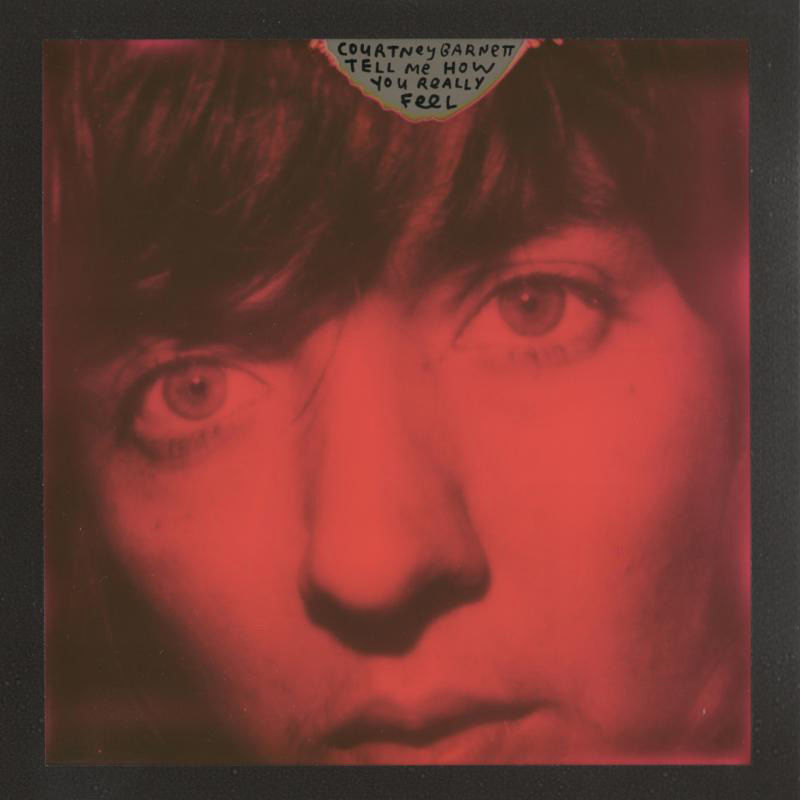Tell Me How You Really Feel is Australian rocker Courtney Barnett’s second studio album. Following on from her previous highly acclaimed work it sees her more raw and angry than ever, with a sharp wit throughout.
The album opens with Hopefulness, Barnett’s dark, creeping vocals accompanied by a dark guitar riff building to a foreboding drum beat and bass line. The song carries a feeling of dread and rings with the influences of early PJ Harvey and 90s grunge.
The tone is quickly flipped by the following track, City Looks Pretty. Its upbeat energy contrasts with Barnett’s introspective lyrics about feeling lonely amongst friends and welcomed by strangers. This contrast continues as she explores many personal and social themes, and her feelings of love, frustration and melancholy.
Her songs never feel too dejected though. Barnett infuses witty observations and humour into what could be seen as extremely depressing situations. In the hands of other musicians, it could be handled in a much more gloomy tone. This raises the whole collection from being a by-the-numbers sad person album to a more unique and enjoyable experience.
Various musical influences are heard throughout, from Americana to country to grunge and punk. The punk influences are especially prominent in two of the best tracks, Nameless and Faceless and I’m Not Your Mother, I’m Not Your Bitch. Set right in the middle they take Barnett’s passive-aggressive attitude to the world and turn it into full on confrontational aggression, making these both most interesting and exciting tracks on the album.
Both songs are equal parts humour and aggression too, with Barnett mocking men who hate women, but also acknowledging the fear of such men. This works as a bridge into Barnett’s perspective on more social themes and makes for another smart shake up in the album. Her anger peaks in I’m Not Your Mother, I’m Not Your Bitch which is the loudest, shortest and heaviest song on the album and by far the best.
Barnett packs a lot into Tell Me How You Really Feel but it never feels overcrowded. Her acute observations and constant shifts through rock sub-genres keep the album from ever falling flat.
